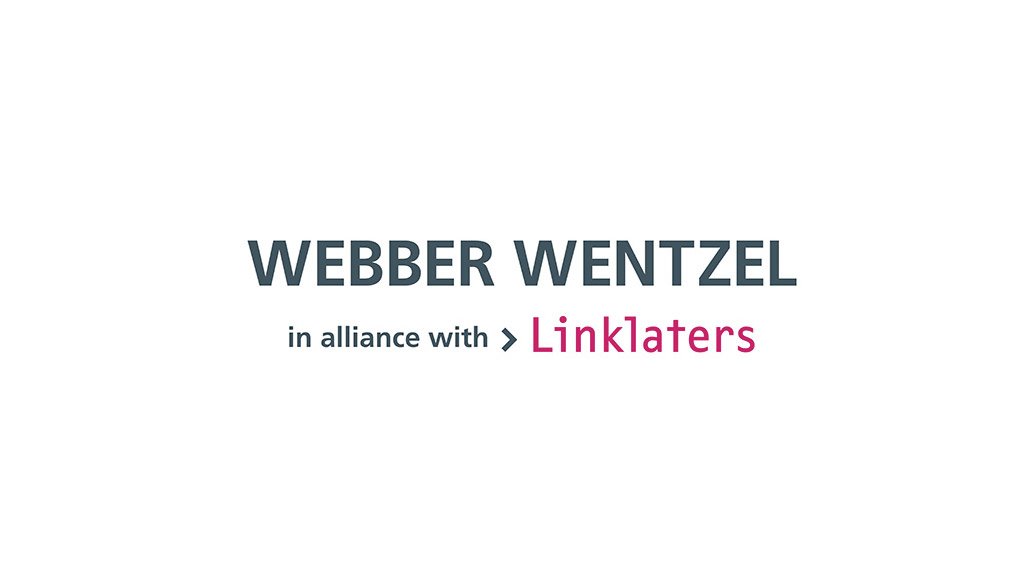In this article covering the Taxation Laws Amendment Bill, 2017 (TLAB), we discuss amendments to the Income Tax Act, 1962 (ITA) on the contributed tax capital (CTC) limitations to non-resident shareholders, amendments relevant to long-term insurers, alignment of section 24JB to the International Financial Reporting Standards 9 (IFRS 9), and the additional doubtful debt deduction available to banks.
All references to "section" in this e-alert are to sections in the ITA.
Contributed tax capital and limitations applying to non-resident shareholders
- The TLAB proposes a new section 8G to address the abuse of the CTC provisions through certain structures where foreign shareholders increase their CTC and avoid dividends tax through capital distributions. According to the Explanatory Memorandum, these structures merely reorganise ownership within the group of companies, with no or limited movement of operational assets.
- The CTC of a company is determined separately in relation to each class of share and equals the consideration received or accrued for the issue of such shares, less any determined returns of CTC by the company on or after 1 January 2011.
- A distribution by a company is usually a "dividend" unless the board of directors elects to return CTC, in which case the distribution will represent a “return of capital” for tax purposes. This results in a reduction of the base cost of the relevant shares in the shareholders' hands by the amount of the “return of capital”.
- The new section is best explained using an example.
- A non-resident company (Subscribing Company) holds 51% class A shares in a resident operating company (Target Company). "Group of companies" is defined in this section with reference to 50% instead of the normal 70%. Subscribing Company and Target Company form part of the same group.
- A new company (Issuing Company) issues 100% class B shares to Subscribing Company. Issuing Company and Subscribing Company form part of the same group after the subscription.
- The consideration for the subscription of Issuing Company B shares is paid by Subscribing Company using the 51% Target Company A shares. Subscribing Company now holds 100% B shares in Issuing Company, and Issuing Company holds 51% A shares in Target Company.
- Section 8G provides that the CTC of the 100% B shares in Issuing Company held by Subscribing Company is limited to the value of 51% of the CTC for the A shares in Target Company. Further, any consideration paid for the subscription of shares in the Issuing Company before it becomes resident does not create CTC.
Alignment of section 24JB with IFRS 9
- Section 24JB deals with the taxation of financial assets and liabilities of "covered persons".
- A covered person includes a person authorised to perform security services and banks.
- In its current form, this section allows a covered person to include in or deduct from income all amounts in respect of financial assets and financial liabilities that are recognised in the statement of comprehensive income where such instruments are recognised at fair value in terms of IAS 39.
- IFRS 9 will replace IAS 39 from reporting periods beginning on or after 1 January 2018.
- The amendments in the TLAB are to align section 24JB to IFRS 9 and to provide a transitional tax treatment for instruments which will no longer be subject to tax.
- Further, any deduction from income provided for in this section is subject to section 8F and 8FA. A covered person will be precluded from claiming a deduction of interest on hybrid debt instruments as defined in section 8F and 8FA, and such interest will be deemed to be a dividend in specie in the hands of the recipient.
Additional doubtful debt deduction for banks
- Banks are currently able to deduct doubtful debts in terms of a SARS directive that specifies the deduction percentages depending on the type and stage of impairment or default.
- The TLAB proposes an additional allowance of 25% of the loss allowance relating to impairment as contemplated in IFRS 9 for banks. This percentage may be increased to 40% or 85% depending on the circumstances of impairment or default.
Amendments for long-term insurers in section 29A
- Section 29A was amended in 2016 to cater for the tax treatment of long-term insurers as a result of the introduction of the Solvency Assessment and Management Framework and other significant regulatory changes. The amendments included introducing the definition of "adjusted IFRS rules" and rules dealing with "phasing-in amounts".
- The definition of "adjusted IFRS rules" is worded as a formula which should make it easier to apply. The definition is also amended to allow a deduction of "negative liabilities", deferred acquisition costs (see below) and deferred revenue determined in terms of IFRS. ("Negative liabilities" is the excess of expected present value (EPV) of future premiums over EPV of future claims and expenses.)
- The current "phasing-in amount" rules are clarified to provide for the reduction of negative liabilities recognised as an asset for IFRS purposes only if the relevant fund is in a net asset position.
- Deferred acquisitions costs (DAC) of long-term policies are costs such as commissions which are deferred and paid in the future. The TLAB clarifies the tax treatment of DAC by excluding them as "assets" for purposes of this section, if they are recognised as assets for IFRS purposes. Further, the DAC amount should be deducted against liabilities of the long-term policies in the amended definition of "adjusted IFRS rules".
Written by Joon Chong a Partner, Craig Miller a Director and Darren Roy a Senior Tax Manager at Webber Wentzel
EMAIL THIS ARTICLE SAVE THIS ARTICLE ARTICLE ENQUIRY
To subscribe email subscriptions@creamermedia.co.za or click here
To advertise email advertising@creamermedia.co.za or click here











